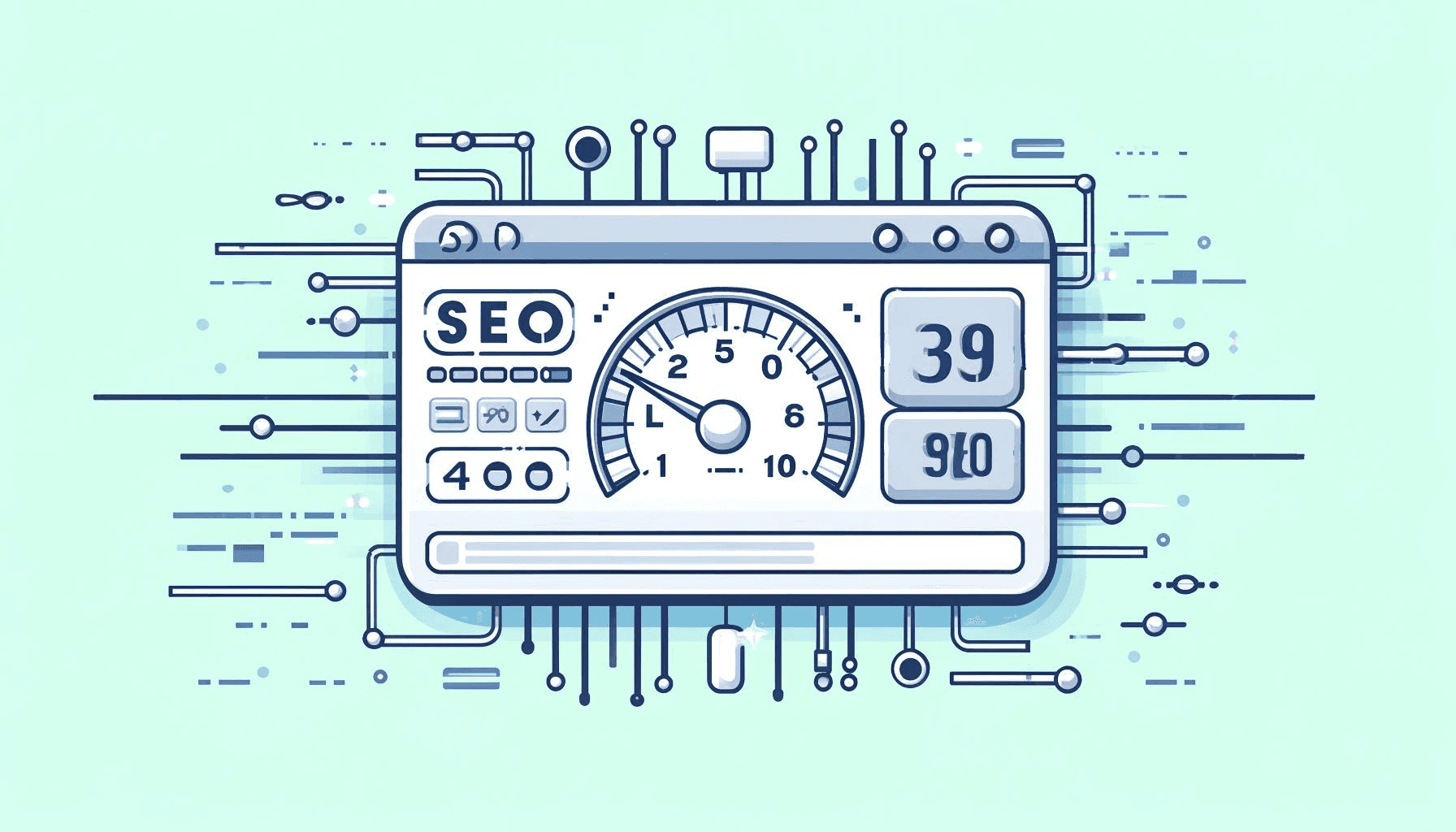Does Page Speed Affect SEO?
Apr 30, 2024

In today’s fast-paced digital world, the speed at which a webpage loads can significantly impact its success. Does page speed affect SEO? Absolutely. As one of the critical elements of website performance, page speed not only enhances user experience but also plays a significant role in search engine optimization. This article explores why optimizing page speed is essential for boosting your site’s visibility and how it influences overall SEO performance.
What is Page Speed?
Page speed refers to the amount of time it takes for a webpage to load completely after a user clicks on a link or types in a URL. It's measured from the moment the user requests the page to the point when the page is fully displayed on their browser. Various factors influence page speed, including server quality, page file size, and the efficiency of the code on the webpage.
The Importance of Page Speed for SEO
The speed of a webpage plays a crucial role in user experience, directly influencing how visitors perceive a website. A fast-loading page can significantly enhance user satisfaction, leading to longer visits and more interactions. From an SEO perspective, search engines like Google consider page speed a ranking factor. Websites that load quickly tend to rank higher in search results because they offer a better user experience compared to slower websites.
Impact of Page Speed on SEO
Slow page speeds can negatively impact SEO in several ways. Firstly, if a page takes too long to load, users are likely to abandon the site, increasing the bounce rate. High bounce rates signal to search engines that the website may not offer valuable content or a good user experience, potentially lowering its ranking. Additionally, faster pages are crawled more efficiently by search engines, allowing more pages to be indexed and improving overall site visibility.
Why Page Speed Matters for SEO
User retention is directly affected by how quickly a page loads. Websites with fast load times see higher retention rates, as users are less likely to get frustrated and leave. This is particularly crucial on mobile devices, where internet speeds can vary. Google's emphasis on mobile-first indexing underscores the need for optimized mobile pages, making page speed a critical component of mobile SEO.
Optimizing Page Speed for Better SEO
To improve page speed, start with assessing current performance using tools like Google's PageSpeed Insights. This tool provides both insights into how well your pages perform and suggestions for improvement. Techniques such as optimizing images, leveraging browser caching, and reducing server response time are effective in boosting page speeds. Regularly updating content management systems and plugins can also prevent slowdowns.
Monitoring Page Speed to Prevent Degradation
Maintaining optimal page speed requires ongoing monitoring. Tools like VertexVigil can schedule regular checks and alert you to performance dips that could affect user experience and SEO. By addressing these issues promptly, websites can maintain high performance, contributing to sustained SEO success.
Conclusion
Understanding and improving page speed is crucial for SEO success. By prioritizing quick load times, optimizing technical elements, and continuously monitoring performance, websites can enhance user experience and improve search engine rankings. Implementing these strategies ensures that your site remains competitive and appealing to both users and search engines.
EzUptime is a simple yet efficient Uptime Monitoring service
Learn more
